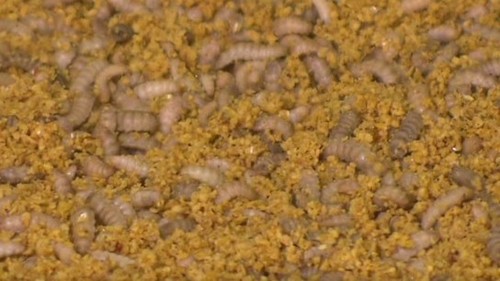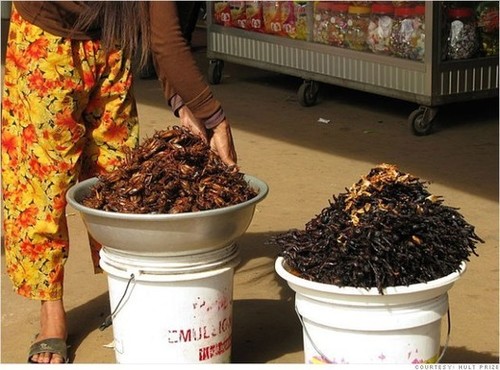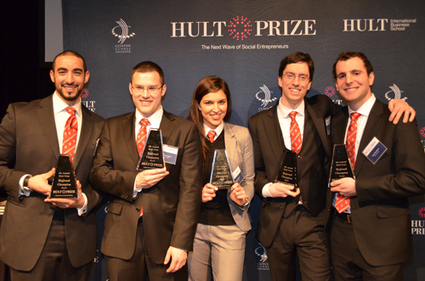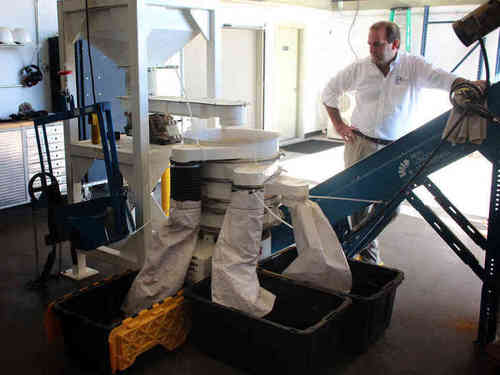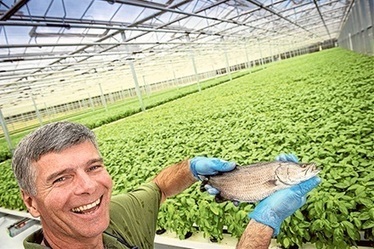See on Scoop.it – Protein Alternatives: Insects as Mini-Livestock

Increasing humanization of pets around the world — even in China, a small (but rapidly growing) pet market, 90% of pet owners say their pets are part of the family, according to Mars Petcare China — means rising numbers of pet owners who want and…
Ana C. Day‘s insight:
"This was seconded by an article in the September issue of Pets International magazine, which says FAO is "encouraging the large-scale raising of insects" and gives pros and cons for their use in petfood. Benefits include a new protein source that could be non-allergenic to dogs and cats, plus the fact that insect protein is already used in foods for birds, fish and reptiles (of course, the natural diets of those animals include insects). Lack of regulation, research on nutritional value and methods for large-scale "farming" of insects comprise potential obstacles to their use as petfood ingredients.
One of the people commenting on the LinkedIn discussion provided a link to an article by Trevor Baker of TheGuardian.com, which focuses on the fact that, while 2 billion people around the world regularly eat insects, one of the main challenges to widespread use ofinsects as food — especially in developed markets — is getting past the "ick" factor; in other words, many people remain squeamish about eating bugs. (Count me in that category.) In most cases, companies promoting insect-based food products in developed markets are going for novelty, not nutrition.
"
See on www.petfoodindustry.com

